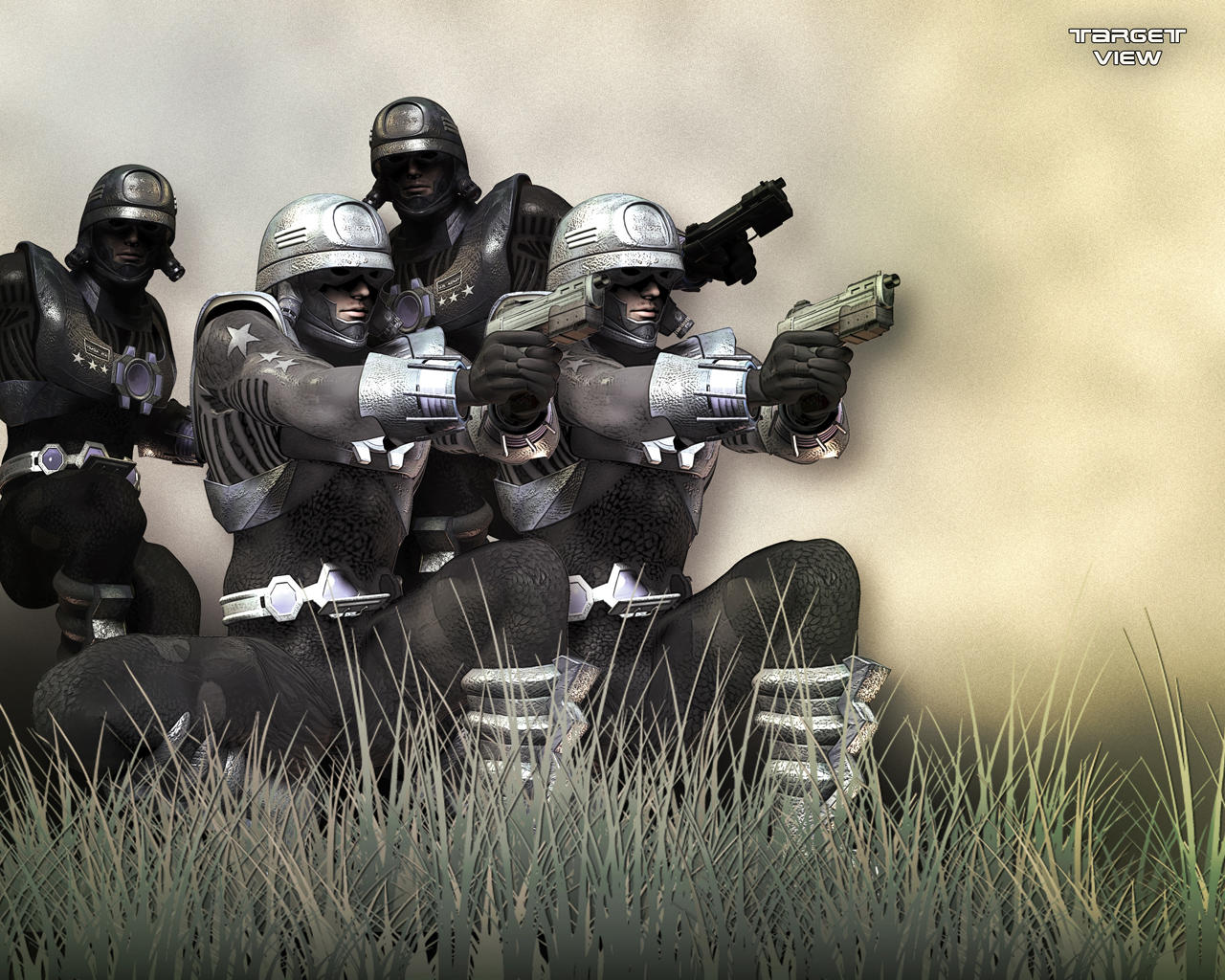

It was in these early years that Ross began to understand himself as an American-he did not live under the blind decree of justice, but under the heel of a regime that elevated armed robbery to a governing principle. Reporter’s notebook Elegant Racism “If you sought to advantage one group of Americans and disadvantage another, you could scarcely choose a more graceful method than housing discrimination.” Read more I never did know what happened to him after that, but I know they didn’t bring him back. “I did everything for that horse,” Ross told me. Then, when Ross was 10 years old, a group of white men demanded his only childhood possession-the horse with the red coat. Clyde Ross did not, and thus lost the chance to better his education. It was too far for Ross to walk and get back in time to work in the fields. Ross’s teacher believed he should attend the local Rosenwald school. But Julius Rosenwald, a part owner of Sears, Roebuck, had begun an ambitious effort to build schools for black children throughout the South. There was very little support for educating black people in Mississippi. His teacher thought he should attend a more challenging school. “Some of the land taken from black families has become a country club in Virginia,” the AP reported, as well as “oil fields in Mississippi” and “a baseball spring training facility in Florida.”Ĭlyde Ross was a smart child. The land was taken through means ranging from legal chicanery to terrorism.
Battle cry of freedom chapter 21 summary series#
The series documented some 406 victims and 24,000 acres of land valued at tens of millions of dollars. In 2001, the Associated Press published a three-part investigation into the theft of black-owned land stretching back to the antebellum period. And so for the upkeep of separate but equal, the entire Ross family was reduced to sharecropping. Effectively, the Ross family had no way to contest the claim and no protection under the law. He could not expect the police to be impartial. He did not know anyone at the local courthouse.

When Clyde Ross was still a child, Mississippi authorities claimed his father owed $3,000 in back taxes. “You had to sneak away.” “Some of the land taken from black families has become a country club in Virginia,” the AP reported. “You didn’t talk about it or tell nobody,” Earvin said. In her 2010 book, The Warmth of Other Suns, Isabel Wilkerson tells the story of Eddie Earvin, a spinach picker who fled Mississippi in 1963, after being made to work at gunpoint. Well into the 20th century, black people spoke of their flight from Mississippi in much the same manner as their runagate ancestors had. Refusing to work meant arrest under vagrancy laws and forced labor under the state’s penal system. A man or woman who protested this arrangement did so at the risk of grave injury or death.

When farmers were deemed to be in debt-and they often were-the negative balance was then carried over to the next season. Tools and necessities were advanced against the return on the crop, which was determined by the employer. Many of Mississippi’s black farmers lived in debt peonage, under the sway of cotton kings who were at once their landlords, their employers, and their primary merchants. The state’s regime partnered robbery of the franchise with robbery of the purse. “You do it the night before the election.” “You and I know what’s the best way to keep the nigger from voting,” blustered Theodore Bilbo, a Mississippi senator and a proud Klansman. Between 18, more black people were lynched in Mississippi than in any other state. The majority of the people in the state were perpetually robbed of the vote-a hijacking engineered through the trickery of the poll tax and the muscle of the lynch mob. In the 1920s, Jim Crow Mississippi was, in all facets of society, a kleptocracy. When he first tried to get a legitimate mortgage, he was denied mortgages were effectively not available to black people. Clyde Ross, photographed in November 2013 in his home in the North Lawndale neighborhood of Chicago, where he has lived for more than 50 years.


 0 kommentar(er)
0 kommentar(er)
